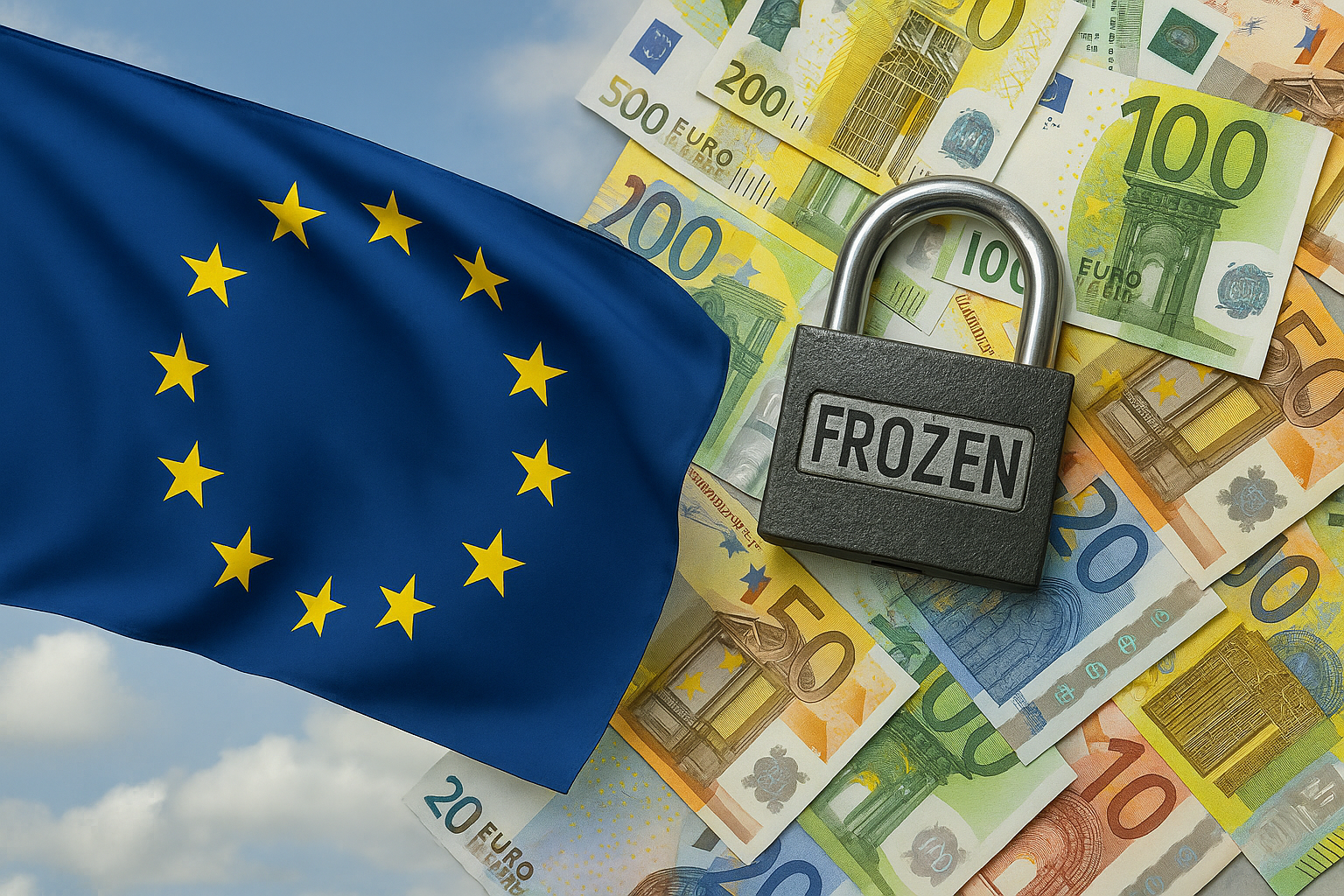Already a subscriber? Make sure to log into your account before viewing this content. You can access your account by hitting the “login” button on the top right corner. Still unable to see the content after signing in? Make sure your card on file is up-to-date.
A major European financial institution is set to redistribute $3.4 billion in frozen Russian assets to compensate Western investors whose holdings were impacted after Russia seized their assets.
Some shit you should know before you read: If you’re unaware, following Russia’s full-scale invasion of Ukraine in February 2022, Western governments responded with sanctions aimed at crippling the Russian economy and isolating it from the global financial system. One of the most consequential measures was the freezing of approximately $280 billion in Russian sovereign assets, including roughly $227 billion held by Euroclear, a Belgian securities depository. In retaliation, Russia moved to seize Western-owned assets within its borders, targeting foreign investors and companies that held local operations or cash. According to estimates, Western firms have lost about $167 billion since the war began, including $57 billion from outright confiscations or forced transfers to Russian state entities.

What’s happening now: First reported by Reuters and later confirmed by other international outlets, Euroclear has begun preparations to release a portion of frozen Russian capital to compensate Western investors whose funds were taken or blocked in Russia amid intensifying tit-for-tat financial measures. It’s the first move to dip into the core frozen assets themselves—not just the interest they generate.
Euroclear received authorization from Belgian authorities in March 2025 and formally notified its clients on April 1, stating it would “unfreeze the compensation amounts and make these available to our participants.” The move was driven by pressure from Western investors who suffered multi-billion-dollar losses due to Russian asset seizures. These investors, including multinational corporations and financial institutions, lobbied Euroclear for a form of financial reparation.
What sets this apart from previous efforts is the shift from redistributing interest income—like the €1.55 billion paid to Ukraine in 2024—to actually reallocating part of the frozen principal. There’s been a growing debate among some European countries over whether they should go beyond just using the interest generated by these funds.
According to the Russian-controlled news outlet RT, “Moscow has condemned the asset freeze, arguing that it violates international law and undermines the global financial system. The Kremlin previously stated that it plans to launch legal action against those involved in the seizure of its assets.”







